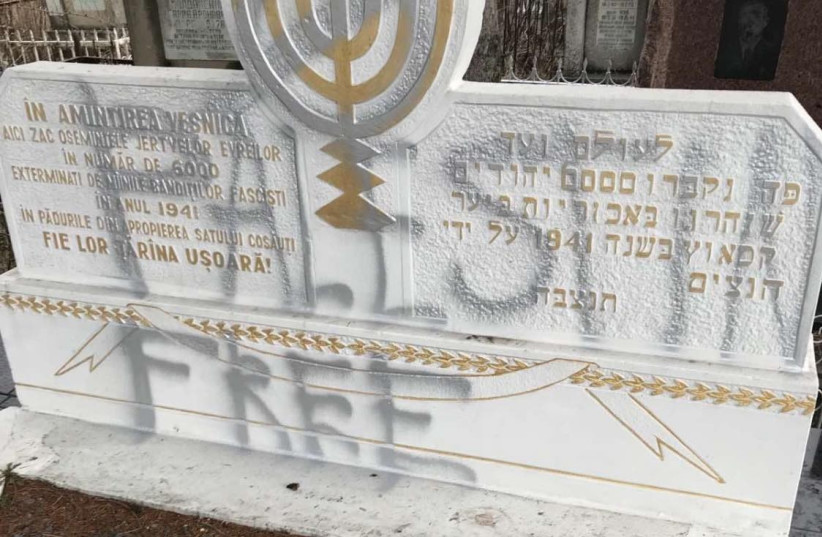On this Holocaust Remembrance Day, Holocaust survivors living in Israel are experiencing acute physical and mental decline. Due to the events of October 7 and the ongoing war, they are feeling anxious and vulnerable, uncertain of the future. Since the outbreak of the war, every day I encounter survivors who are reliving memories and traumas from the Holocaust.
Thinking about those who are currently hostages takes the survivors back to the camps, the hiding places, and the persecution they endured as children. In the past six months, many Holocaust survivors report fear, existential anxieties, and a significant deterioration in their health.
Over the last few months, the Israeli public has been discussing whether the massacre that occurred on October 7 can be termed a “holocaust.” Is it legitimate for us to use this term in describing what happened on that day?
As Holocaust Remembrance Day neared, in order to examine how the current war is affecting Holocaust survivors, and how those who endured the Holocaust relate to the use of the term “Holocaust” in the context of October 7, we conducted a survey in collaboration with the Maagar Mochot research institute. The results are very concerning and demonstrate the urgent need for the establishment of a unique support system for Holocaust survivors affected by the current war.
Most Holocaust survivors (73%) reported that the war has negatively affected their mental state, 64% reported a decline in their physical health, and 53% of Holocaust survivors said that the events of the war bring back memories from the Holocaust.

Furthermore, the survey revealed that since the outbreak of the war, 51% of Holocaust survivors have needed more assistance from family members, professionals, organizations, and other entities in order to live their day-to-day lives. Notably, 64% of survivors are more anxious today about the existence of the State of Israel than ever before.
The surprising response of Holocaust survivors to the question, “Can we call the events of October 7 a Holocaust?” struck me as a wake-up call to the government and civil society. Half of the Holocaust survivors who participated in the survey (51%) agreed that the events of October 7 can indeed be called a Holocaust. The fact that more than half of Holocaust survivors share this opinion illustrates how difficult and distressing this period is for them and how much their sense of security has been undermined.
Reliving past traumas
The current war imposes heavy costs on all of us, but the population of Holocaust survivors, whose average age is 86, is a much more vulnerable group. For them, coping is more complex; reliving past traumas is adversely affecting their mental and physical well-being today.
Therefore, I appeal to policymakers and Deputy Minister in the Prime Minister’s Office Uri Maklev, in charge of the Holocaust Survivors’ Rights Authority.
Holocaust survivors cannot wait! Especially these days, when a multi-front war is looming, we must not leave Holocaust survivors alone. The Israeli government urgently needs to promote a national assistance plan to establish a support system that strengthens Holocaust survivors and provides them with comprehensive protection, focusing on physical and mental welfare. Holocaust survivors must feel protected and cared for – an assistance plan will provide them with continuous support tailored to their unique and immediate needs, especially for Holocaust survivors displaced from their homes or residing in high-risk areas.
Our moral obligation as a society is to provide Holocaust survivors with security, protection, home visits by volunteers, and medical teams, and above all else, a listening ear to best provide holistic support for all their needs.
The writer is CEO of Aviv for Holocaust Survivors.
